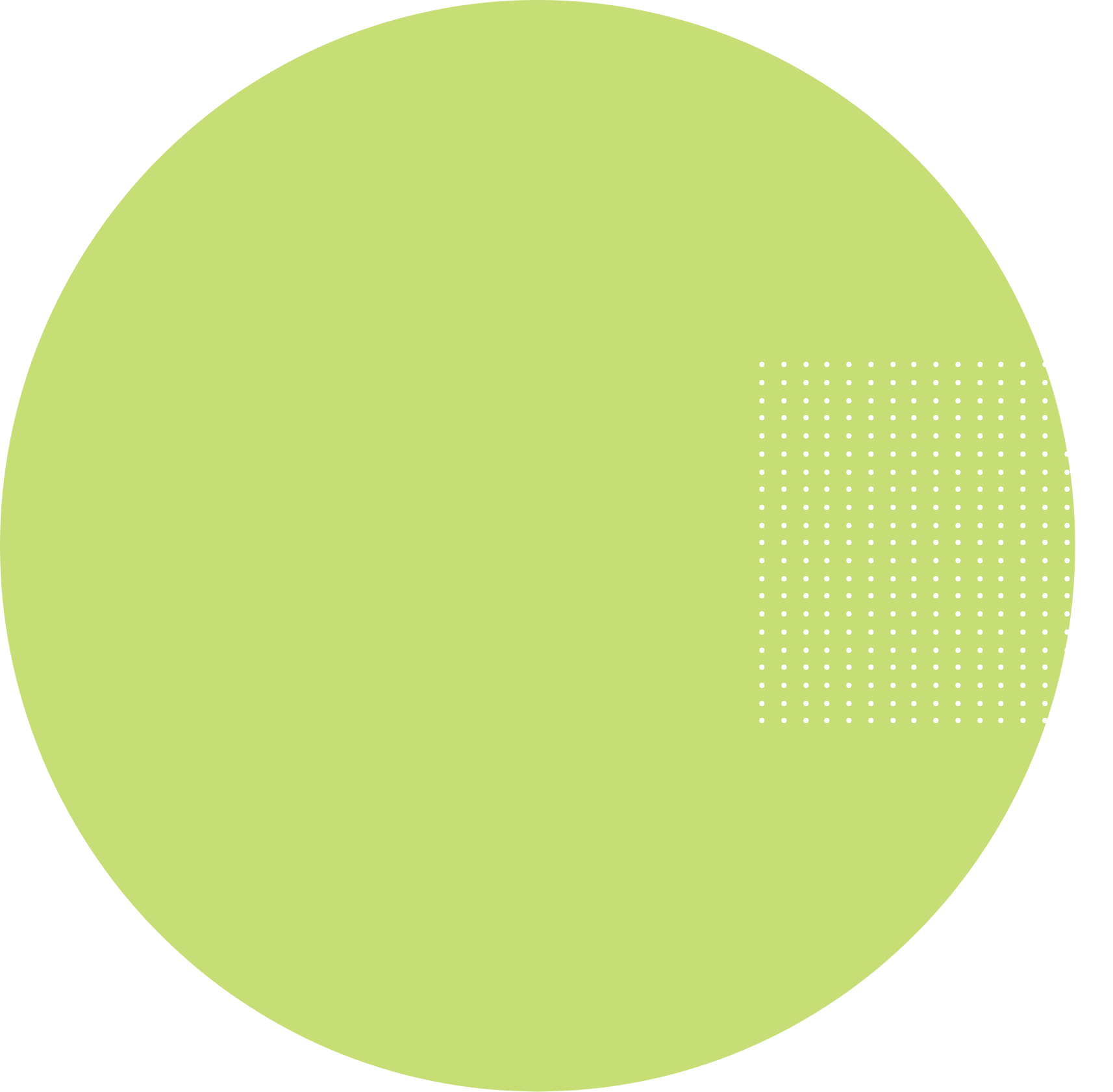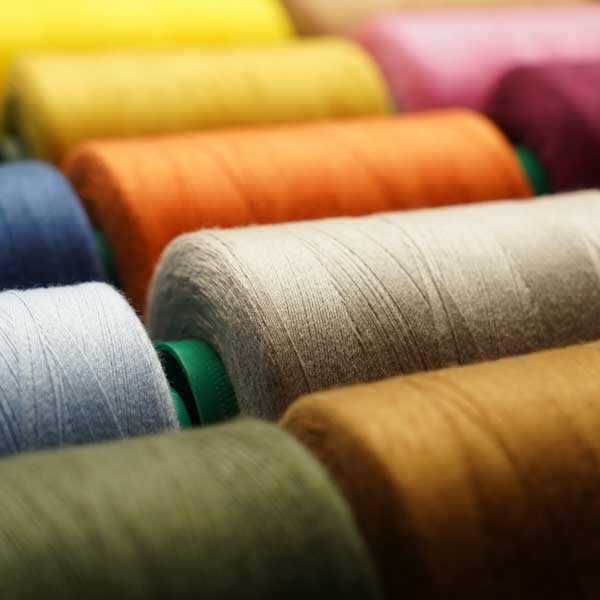
In recent years, there has been an increase in environmental and social awareness among consumers, and this is reflected in their purchasing choices. Companies in the textile industry are responding to this demand by implementing more sustainable practices and obtaining globally recognised sustainability certifications.

Textile Exchange is a global non-profit organization that promotes and advocates for adopting more sustainable practices in the textile industry. Founded in 2002, Textile Exchange focuses on minimising the negative environmental and social impacts of textile production and consumption by offering various standards and certifications, which serve as benchmarks for sustainability in the industry.
Eurofins Assurance is accredited to provide GRS, RCS, CCS and OCS third-party certification
Eurofins Assurance India Pvt. Ltd. is accredited to provide independent third-party certification to Textile Exchange standards for companies who wish to improve their production practices and processes to reduce their environmental and social impact; giving consumers the confidence that the products they purchase are environmentally and socially responsible.
Content Claim Standard (CCS) Certification
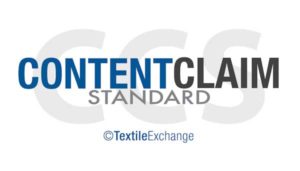
The CCS is a voluntary standard that sets requirements for tracking and verifying the content of a specific raw material input in finished textile products. It is designed to provide brands, manufacturers, and consumers with a credible and transparent way of ensuring that the claims made about a product’s material content are accurate. This standard is used as a key document for all other Textile Exchange Standards
Global Recycling Standard (GRS) Certification
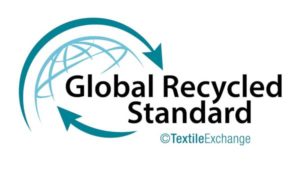
The GRS is a voluntary international standard that sets the requirements for third-party certification of traceability chain of custody, recycled content, responsible social and environmental practices and restrictions on the use of hazardous chemicals. The minimum recycled content allowed is 20%.
Recycled Claim Standard (RCS) Certification
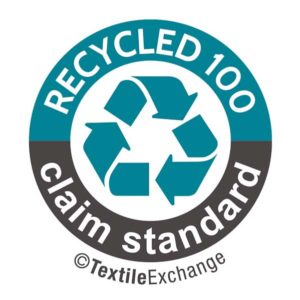
The RCS is a voluntary international standard that establishes requirements for traceability, recycled content, restrictions on the use of hazardous chemicals and chain of custody of recycled contents. The minimum recycled content allowed is 5%.
Organic Content Standard (OCS)
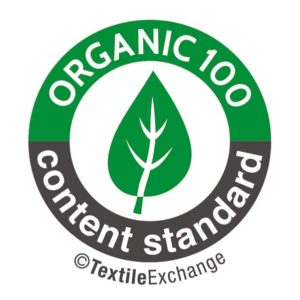
The OCS is a voluntary standard that verifies the presence and amount of organic material in a final product. It provides a chain of custody system, tracking the organic content from the source to the final product. The OCS applies to any non-food product containing 5-100% organic material, ensuring that the product has the correct percentage of organic content claimed on the label.
Benefits of third-party certification provided by Eurofins
Benefits of Eurofins Textile Exchange Standards certification
- Increased consumer confidence in products with your supply chain and consumers
- Transparency and traceability; certification provides rigorous traceability throughout the supply chain, increasing transparency and enabling consumers to make informed choices
- Differentiation; companies that obtain certification can differentiate themselves from their competitors and demonstrate their commitment to sustainability and social and environmental responsibility
- Meets the requirements of major brands
Global Organic Textile Standard (GOTS) Certification
Eurofins Assurance is also able to provide third-party certification for GOTS.
- Supply chain mapping services
- Global Organic Textile Standard (GOTS certification and inspection)
- Life cycle Assessment (LCA) services
- Chem-ST™ Smart chemical testing for hazardous substances
- Chem-Map® chemical management and verification
- Per- and polyfluoroalkyl Substances (PFAS) testing including Total Fluorine (TF) and Total Organic Fluorine (TOF) testing
- Traceability technologies and solutions
- Social audits
All services
Our services
Why Eurofins Sustainability Services?
We are a leader in providing sustainability metrics and measurements in the form of testing, audits and analysis across a variety of business sectors.
We have expertise across sectors that includes food, agriculture, environment, materials, engineering, life sciences, construction, electronics, consumer products, cosmetics, packaging, clothing and footwear.
Our sustainability services are offered globally through our team of around 63,000 employees working out of more than 950 laboratories in over 1,000 companies and 60 countries

